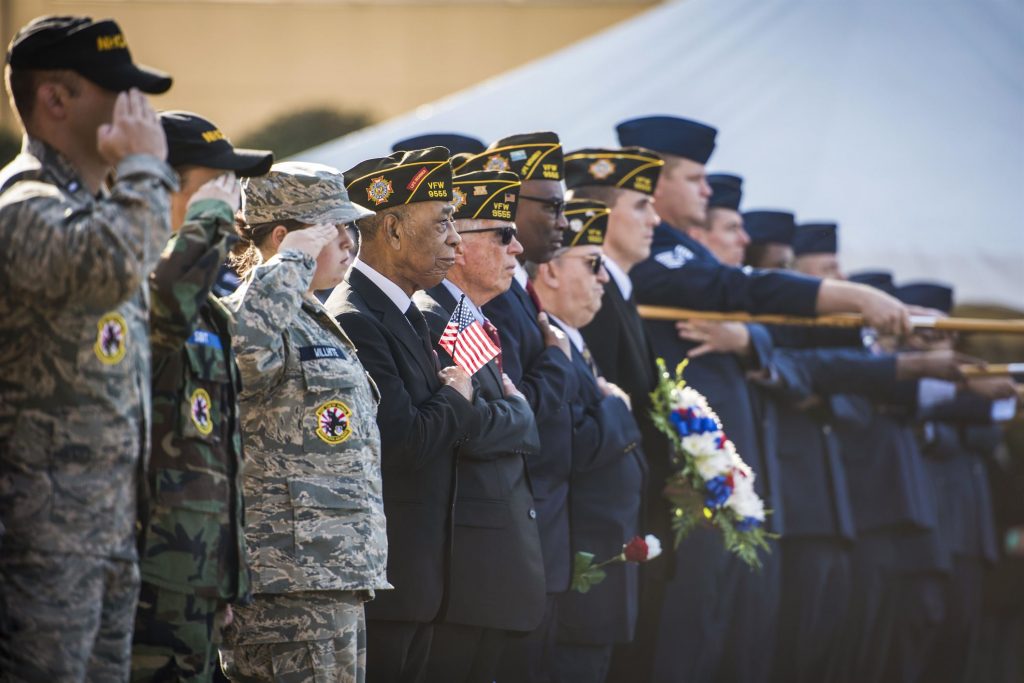
Photo By: Senior Airman Donald Hudson (https://www.defense.gov/observe/photo-gallery/igphoto/2001841357/)
A former federal judge once told me that of all the forms of employment discrimination that juries hate, bias against military personnel tops the list.
What is USERRA?
The Uniformed Services Employment and Reemployment Rights Act of 1994 (USERRA) is a federal law that protects servicemembers’ and veterans’ civilian employment rights. In many situations, USERRA guarantees reemployment rights for employees who leave to perform service in the uniformed service. Additionally, USERRA forbids discrimination against past/present members and applicants for the uniformed service.
Do we have a case of USERRA discrimination?
It’s that discrimination angle that’s the focus of this recent Sixth Circuit decision. The plaintiff, in that case, worked for a movie theater for several years until the company fired him. The company alleged that it terminated the plaintiff’s employment for ‘unprofessional behavior’ and ‘impeding [an] investigation.’
The plaintiff had a different theory.
You see, the plaintiff left work from time to time to perform military service. And, over the years, his supervisor allegedly made comments expressing disapproval, such as:
- “His requesting time off was always frustrating to her.”
- “It always put a major issue on her schedule,”
- “She even made statements [that the plaintiff] should be moved to the front of [the] house because there’s more managers out there and it wouldn’t be such a [headache] on her.”
When the plaintiff’s manager told him that he would be fired if he missed a weekend for a military drill, the plaintiff reminded her that firing him for missing work due to military obligations would be illegal. She responded by saying, “That’s okay. We will find something else to terminate you on.”
Sure enough, the plaintiff was later fired after a ham-handed workplace investigation that just so happened to coincide with an alleged plot by the plaintiff’s supervisor to terminate his employment.
Except, the supervisor did not conduct the investigation, and she was not the final decisionmaker on the termination of employment. These facts were enough for the lower court to enter summary judgment in favor of the employer.
However, the Sixth Circuit reversed. That’s because the decisionmaker knew about the supervisor’s behavior when the plaintiff had complained to him about it previously. Plus, the decisionmaker knew that the plaintiff had heard that his supervisor was conspiring to get him fired. Nonetheless, he decided to fire the plaintiff. That’s enough for a jury to determine if the supervisor’s animus corrupted the decisionmaking process.
And juries hate military discrimination.
So, here’s how you can avoid this problem:
- Make sure that your employee handbook contains a section on USERRA rights.
- Train your managers that it is not ok to chill servicemembers from serving their country.
- Really hammer home the training by making USERRA part of your respect-in-the-workplace training module.
